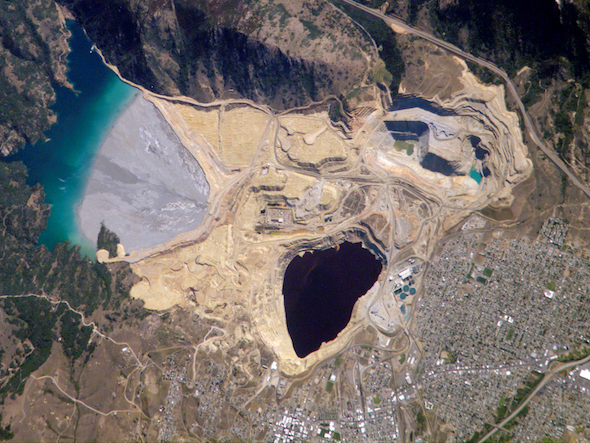The Great Transformation Part 7: Land as a Fictitious Commodity
Previous posts in this series:
The Great Transformation: Mainstream Economics and an Introduction to a New Series
The Great Transformation Part 1: The Market
The Great Transformation Part 2: More on Markets
The Great Transformation Part 3: Neoliberalism Before It Got Its New Name
The Great Transformation Part 4: Reaction and Counter-Reaction To Self-Regulating Markets
The Great Transformation Part 5: Polanyi on Marxian Analysis
The Great Transformation Part 6: Labor as a Fictitious Commodity
In Part 6, I discuss labor as one of the three fictitious commodities described by Karl Polanyi in The Great Transformation. The other two are land and money. Polanyi explains that these three elements of production do not fit his definition of commodity as something produced for consumption, and that stripping away their social significance and reducing them to the equivalent of potatoes or shoes will be a nightmarish disaster. That should be obvious in the case of labor, which is essentially our lives themselves, and it is perfectly obvious in the case of land, as we can see all around us.
In the melodramatic play The Little Foxes, Lillian Hellman has one of her characters say this :
Yeah, they got mighty well off cheating [slur]. Well, there are people who eat the earth and eat all the people on it like in the Bible with the locusts. Then there are people who stand around and watch them eat it…. Sometimes I think it ain’t right to stand and watch them do it.
The speaker is the daughter and heir of the eaters of the earth.

